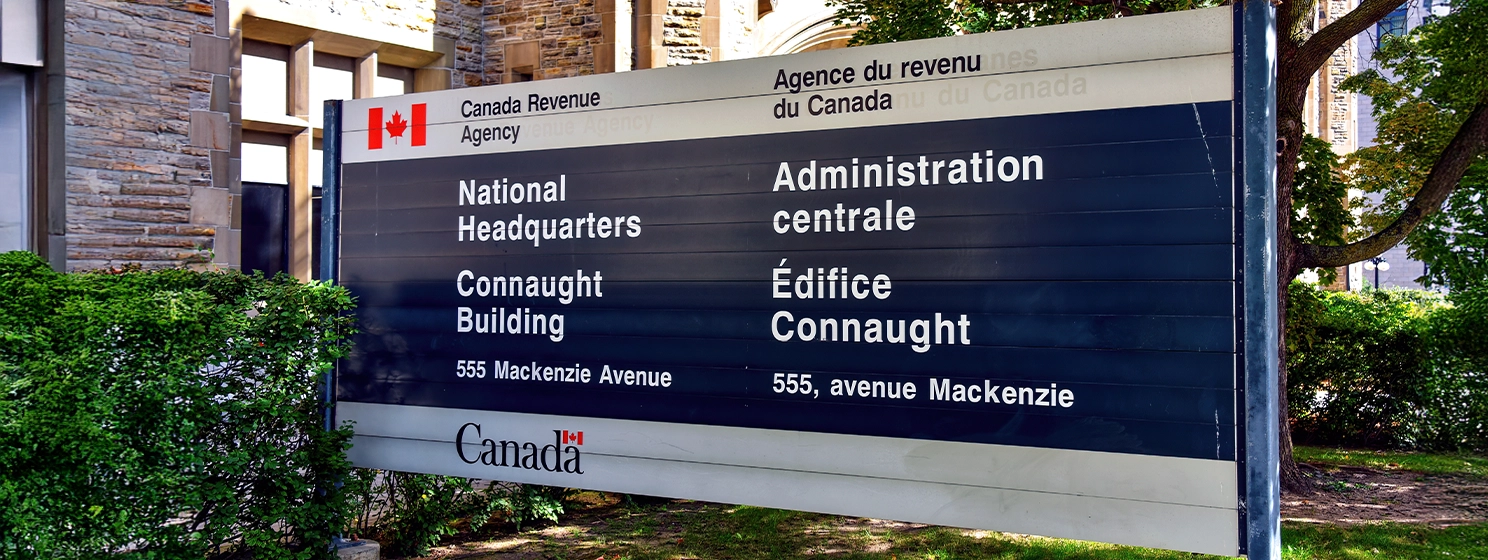|
Getting your Trinity Audio player ready...
|
The central bank of Brazil has become the latest global banking authority to announce its intentions to pilot new technology on the blockchain.
Banco Central do Brasil made the announcement public in its latest research paper published this week, detailing its plans to develop a blockchain-based proof-of-concept for settlement, as well as a number of other potential use cases for the technology.
While a number of use cases were examined in the report, published by a study group at the central bank, it was settlement that was deemed to be most ripe for development in initial prototyping and proof-of-concept efforts.
However, the bank stopped short of recommending a wholesale switch from existing systems, instead positioning their proof-of-concept as a backup, in the event of what the report described as a ‘complete main meltdown’.
According to the report, a contingent system developed through the blockchain could allow for an immediate replacement in the event of a catastrophic failure of their current protocols.
“In the case of its catastrophic failure, RTGS members would be unable to send (or receive) funds to (from) each other, leading to a complete financial halt. … In this context, the Alternative System for Transactions Settlement (SALT) is a conceptual system for a contingent solution that would be able to immediately replace core functionalities of the main Brazilian RTGS in case of its full collapse.”
The concept would include the central bank as validating nodes within a permission-based blockchain system. According to the report, the bank’s end goal could be to create a shared network environment of settlement data, although naturally the privacy concerns of this type of network would require further development.
The report from the Banco Central do Brasil brings it in line with similar research findings from central banks elsewhere, with a number of central monetary authorities investing in a greater understanding of blockchain technology and how it could help improve financial systems in future.
The Monetary Authority of Singapore has been at the forefront of this type of exploration, concluding their own similar research report tackling settlement as a use case for distributed ledger technology.
The Bank of England too has taken similar steps, and has even gone as far as to ensure that forthcoming upgrades to their settlement technology are compatible with blockchain technology.

 12-13-2025
12-13-2025 





